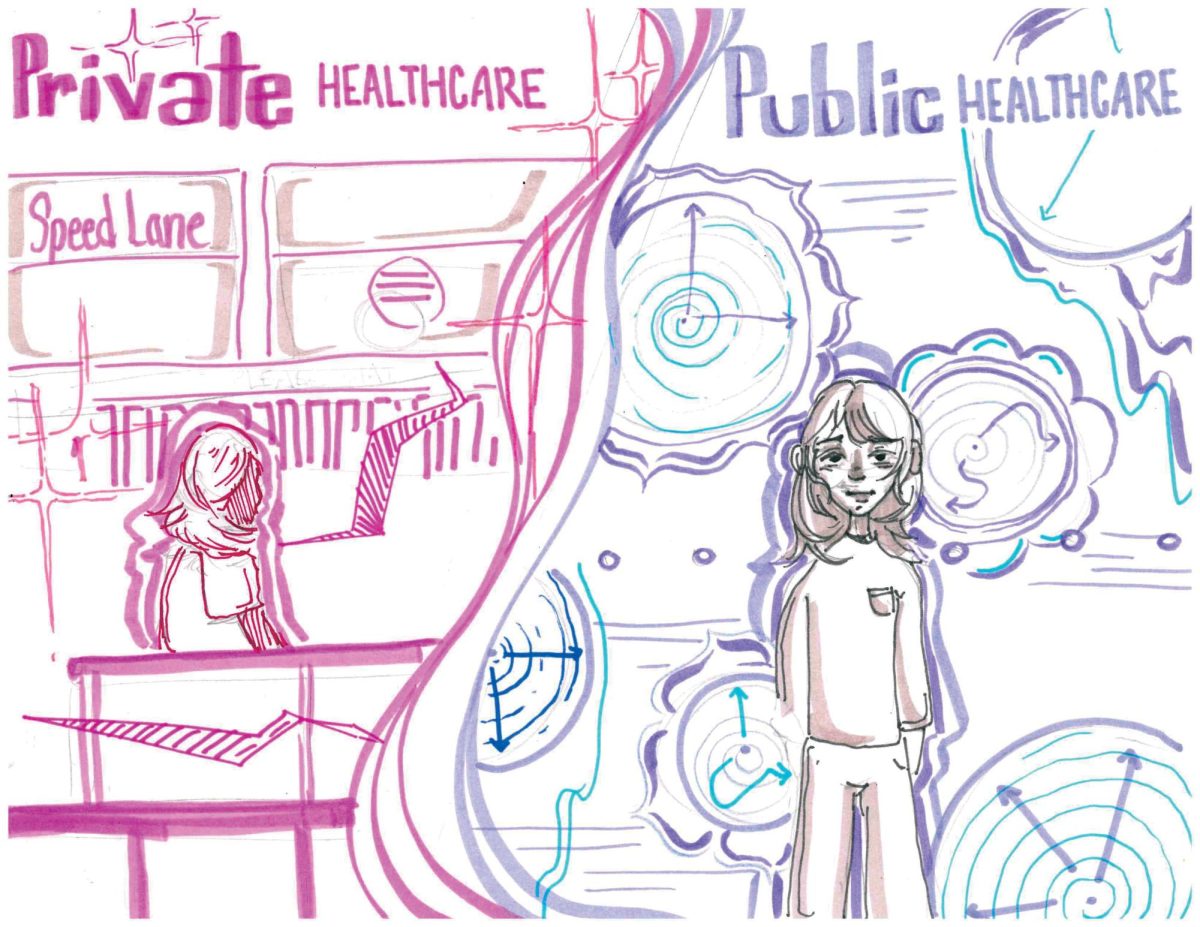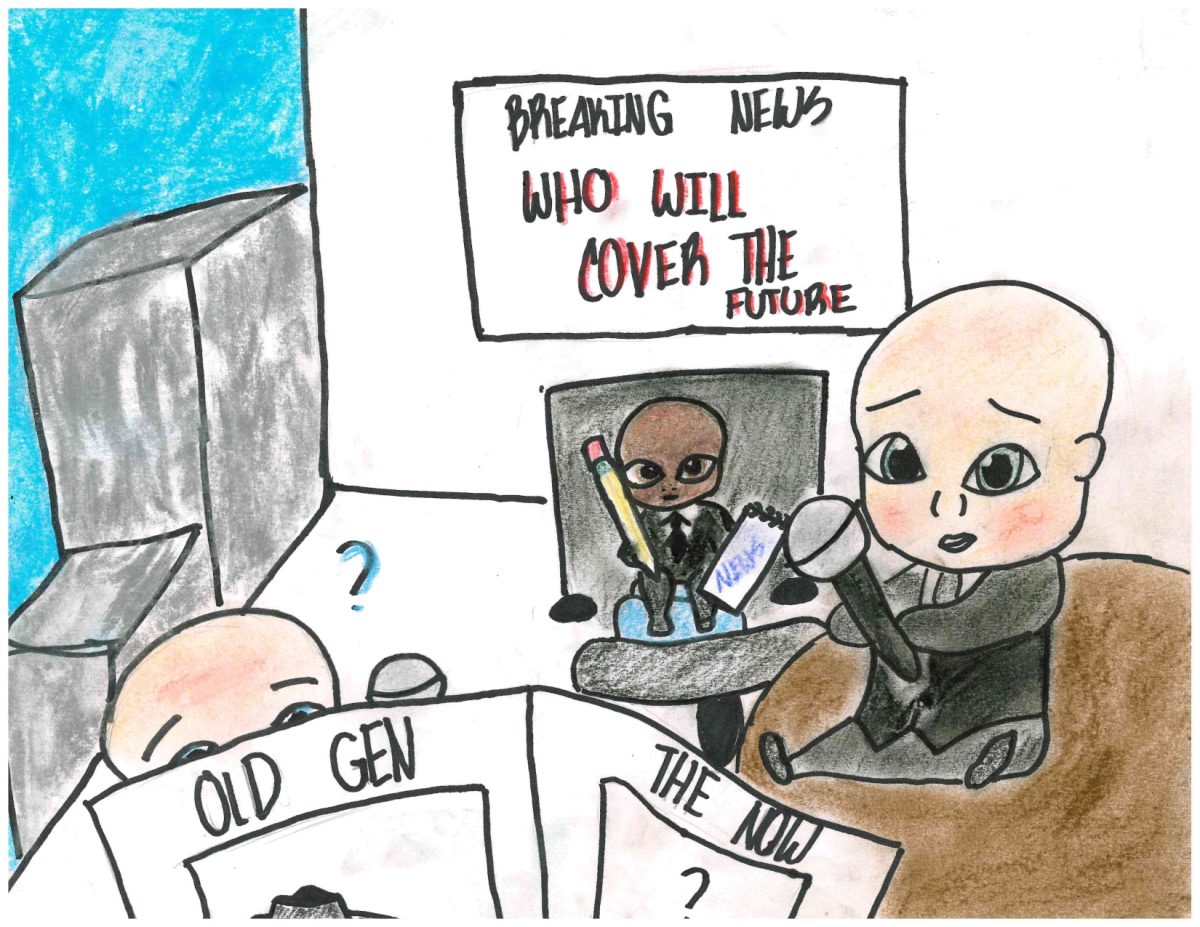By keeping the cost of healthcare and insurance lowered, public healthcare is a more suitable option for families whose income does not allow them to pay for a private healthcare provider.
Public healthcare focuses on entire populations of people, while private healthcare only focuses on individuals.
According to West Health, 55% of people in the U.S. can not afford healthcare or prescription drugs.
According to The National Cancer Institute (NCI), public healthcare is a program run by U.S. federal, state or local governments in which people have some or all of their health care costs paid for by the government.
This allows families who may not qualify for healthcare coverage through employer-sponsored insurance (ESI) or are unable to pay out-of-pocket at doctor’s or emergency visits the ability to withstand the cost of seeing a medical physician.
According to Medicaid.gov, as of 1997, “all states have expanded children’s coverage significantly through their CHIP programs, with nearly every state providing coverage for children up to at least 200% of the Federal Poverty Level.”
Whether able to pay for a private healthcare provider or not, CHIP is eligible for anyone under the age of 19 regardless of their insurance plan.
For adults between the ages of 19-65, Medicaid is another great option for low-income individuals to pay for doctor’s appointments and medical prescriptions.
“Medicaid helps to provide access to comprehensive healthcare coverage. Most people who qualify for Medicaid will use HealthChoices to access physical healthcare, like annual checkups, care when you’re sick or appointments to manage other illnesses or health needs,” according to Pa.gov.
In comparison to private healthcare, it would cost between $300-$600 per month to see a private physician in Pennsylvania.
For someone insured by Medicaid, there is no monthly cost.
While private healthcare has the potential to lower waiting times and have faster, direct access to advanced treatments for certain diseases, many private healthcare programs limit the amount of support they can give to someone with pre-existing medical conditions.
According to GetCovered, “some private health insurance plans may impose limitations on pre-existing conditions or particular treatments. These coverage limitations of private health insurance can present difficulties for individuals with chronic health issues or those in need of specific medical procedures.”
Public healthcare is a universal option for families and individuals who do not have the money, time or qualifications to apply for private healthcare.
Pro: Public healthcare offers stability for low-income families
Public healthcare exudes more options for low-income families to have affordable access to physicians. The Children’s Health Insurance Program (CHIP) helps lower costs of healthcare in children in Pennsylvania.
1
More to Discover
About the Contributor

Julia Sipes, Features Editor







